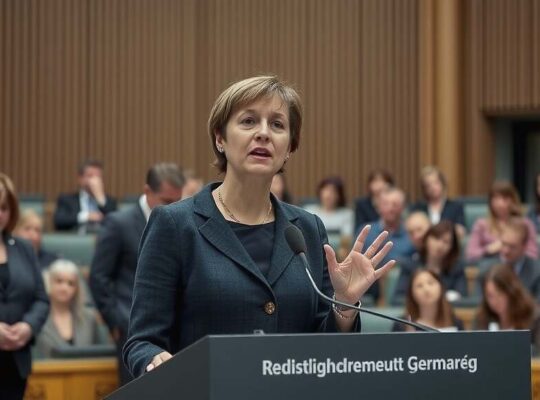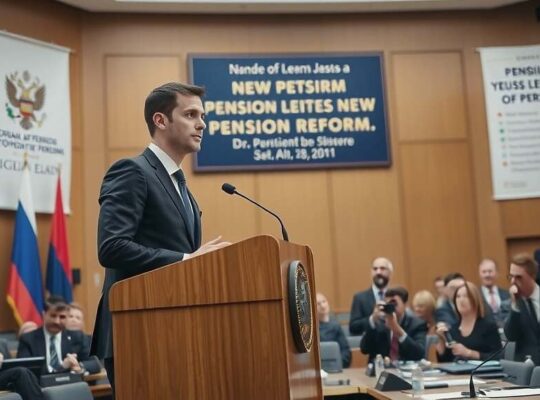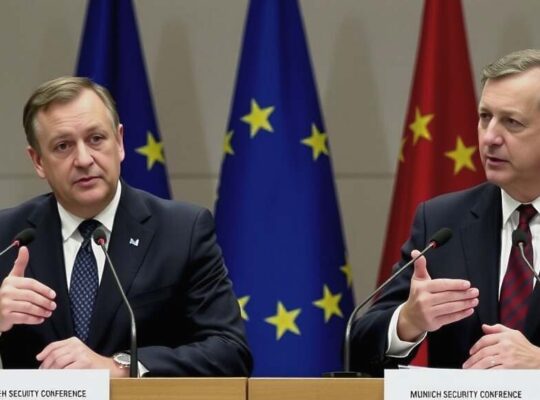As world leaders converge in Belém, Brazil, for the COP30 climate summit, a stark warning is being sounded regarding the inadequate financial support for climate adaptation measures in vulnerable nations. Mathias Mogge, Secretary-General of the German aid organization Welthungerhilfe, is publicly urging Germany and other industrialized nations to significantly increase their contributions to assist countries disproportionately impacted by the escalating climate crisis.
Mogge’s appeal comes as Chancellor Friedrich Merz prepares to attend the Leaders’ Summit, highlighting a growing tension between climate commitments and budgetary realities. He emphasizes the vast “financing gap” that currently exists, a void acutely felt by nations least responsible for causing climate change but bearing the brunt of its consequences. The situation, he argues, is exacerbated by proposed cuts to German development cooperation within the 2026 budget, signaling a potentially devastating setback for already struggling communities.
The call for greater investment isn’t merely about humanitarian aid; it’s a fundamental restructuring of climate policy. Mogge insists that a truly “just and sustainable climate policy” necessitates increased funding, not reductions, given the current trajectory. The intensifying climate crisis is already jeopardizing agricultural practices across numerous regions, dramatically fueling hunger and instability – issues inextricably linked.
Furthermore, Mogge’s assessment underscores the widening distance between the ambition of the Paris Climate Agreement and its potential realization. He delivers a pointed message for COP30 attendees: genuine progress can only be achieved if climate action is intrinsically linked to addressing global hunger. Failing to do so, he suggests, renders current climate policies inherently unjust and ultimately unsustainable, perpetuating a system where the poorest and most vulnerable are left to suffer the greatest losses. The current trajectory risks creating a climate policy divorced from the human cost, a disconnect that demands urgent and significant reevaluation.












